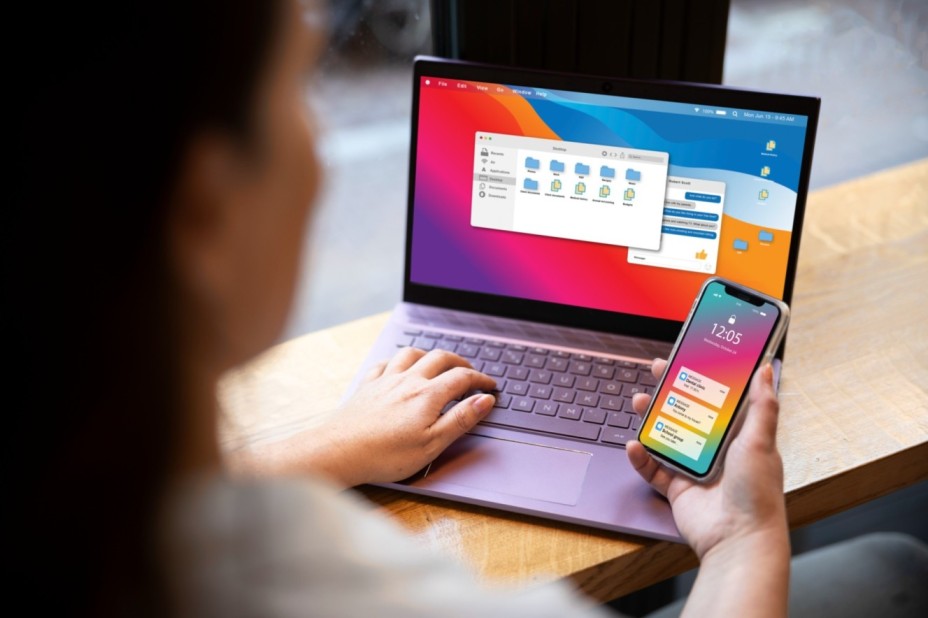
In the fast-evolving world of digital marketing, SEO (Search Engine Optimization) and social media have become two critical elements of a comprehensive online strategy. While social media platforms like Facebook, Twitter, Instagram, and LinkedIn are not directly linked to search engine rankings, there is an undeniable connection between social signals and SEO performance.
What Are Social Signals?
Before we dive into the connection between social media and SEO, it's essential to understand what social signals are. Social signals are the engagement metrics that arise from user interaction on social media platforms. These include likes, shares, comments, follows, mentions, and overall interaction with content. In simpler terms, social signals represent how well your content is performing on social media and how people are interacting with it.

The Indirect Influence of Social Media on SEO
Although Google and other search engines have repeatedly stated that they do not directly use social signals as a ranking factor, there are several ways in which social media indirectly affects SEO. Here’s how:
Increased Website Traffic
A key way social media can influence SEO is by directing traffic to your website. When your social media posts get likes, shares, and comments, more users are likely to visit your site. The more traffic your website receives, the better your chances are of ranking higher in search results. This is because search engines often consider the volume of traffic as a sign of relevance and quality.
For example, if you share a blog post on Twitter and it gets a lot of retweets and interactions, this can lead to increased visits to your website. Over time, consistent traffic from social media signals to search engines that your website is valuable, which can improve your search rankings.
Brand Awareness and Authority
Social media serves as a powerful platform for increasing brand awareness. When your content is shared widely, it increases your brand’s visibility across a broader audience. This heightened awareness can lead to more people searching for your brand directly in search engines, increasing your overall organic search traffic.
Moreover, a strong social media presence can help establish your brand as an authority in your industry. When people recognize your brand as a trusted source, they are more likely to link to your content, share your posts, or reference your website. These backlinks from authoritative sources are a critical ranking factor for search engines, ultimately boosting your SEO efforts.

Increased Backlink Opportunities
Backlinks are one of the most powerful factors influencing SEO rankings. Social media plays a crucial role in generating backlinks, although indirectly. When your content is shared or mentioned across social platforms, it increases the chances of other websites or influencers discovering it. If they find your content valuable, they may link back to it in their own articles or blogs, contributing to your backlink profile.
Additionally, social media platforms can act as a content distribution network. As your content gets shared and discussed, it may attract backlinks from high-authority sites, which can improve your domain authority and search rankings.
Improved Content Indexing
Social media can also help search engines index your content more quickly. When you share a new piece of content on your social channels, it can be picked up and crawled by search engine bots faster. This happens because social media platforms are constantly being crawled by search engines. The more visibility your content gets through shares and mentions, the quicker search engines can index it, which can lead to faster rankings.
Social Proof and User Engagement
User engagement on social media signals trust and credibility, which are essential for SEO. When people engage with your content on social media, it shows search engines that your content resonates with users and is worth ranking. High engagement rates, including likes, comments, and shares, signal to search engines that your content is valuable, making it more likely to appear in relevant search results.

The idea that people trust and follow popular trends or opinions can influence your SEO indirectly. When users engage with your content on social media, it builds social proof that can encourage more people to visit your website, interact with your content, and share it with others.
Enhanced User Experience (UX)
Social media can also affect SEO indirectly by improving user experience. When people discover your content on social platforms and visit your website, they may engage with it more, spend more time on your site, and interact with various elements of your content. These positive user behaviors (e.g., longer time on page, low bounce rates) send signals to search engines that your content is high quality and relevant, which can help improve your rankings.
Influence of Social Media Profiles on Search Results
While social media signals don’t directly influence SEO rankings, social media profiles can show up in search results themselves. If you have an active presence on platforms like Twitter, LinkedIn, or Facebook, your social profiles might appear in the search results for your brand or related keywords. This additional visibility in search results can contribute to overall brand recognition, which can indirectly improve SEO by generating more searches and engagement.
For instance, a well-optimized LinkedIn profile can rank in search engine results for your personal name or business, helping you appear more authoritative and trustworthy to potential customers.

Best Practices for Leveraging Social Media for SEO
Now that we understand the indirect relationship between social media and SEO, here are some best practices for leveraging social media to boost your SEO efforts:
Share Quality Content
Quality content is the foundation of any successful SEO strategy. By creating content that is informative, engaging, and relevant to your audience, you increase the likelihood of it being shared on social media. Ensure that your content is optimized for search engines (using keywords, meta descriptions, and proper headers) before sharing it on social media.
Encourage Social Sharing
Make it easy for users to share your content by adding social sharing buttons on your website and blog posts. The more your content is shared, the more exposure it will receive, and the higher the likelihood that it will attract backlinks and additional traffic.
Optimize Your Social Media Profiles
Ensure that your social media profiles are optimized with accurate business information, relevant keywords, and links to your website. Well-optimized profiles increase your brand’s visibility in search results and encourage users to visit your site for more information.
Engage with Your Audience
Building relationships with your followers is key to creating social signals that impact SEO. Respond to comments, share user-generated content, and actively engage with your audience. This can foster brand loyalty and increase the chances of your content being shared, which can drive more traffic to your website.
Monitor Your Social Media Analytics

Keep track of your social media performance using analytics tools like Facebook Insights, Twitter Analytics, or Google Analytics. Understanding what type of content performs best on social media allows you to tailor your strategy to maximize engagement and SEO benefits.
Conclusion
While social media may not directly influence search engine rankings, its indirect impact on SEO is significant. From driving traffic and generating backlinks to increasing brand awareness and improving user engagement, social media plays a vital role in enhancing your SEO efforts. By creating shareable, high-quality content, fostering engagement, and optimizing your social media profiles, you can leverage the power of social signals to boost your website's SEO performance and achieve higher rankings in search results.
In the competitive digital landscape, integrating social media into your overall SEO strategy is no longer optional—it's a necessity for long-term success.














